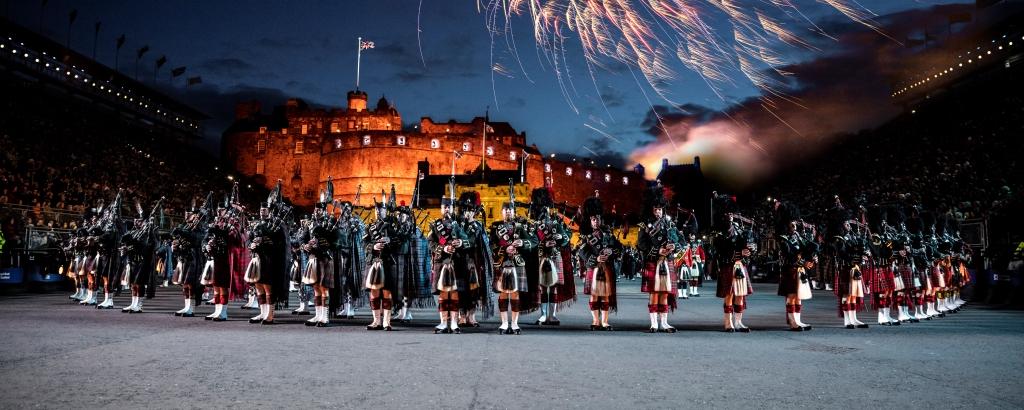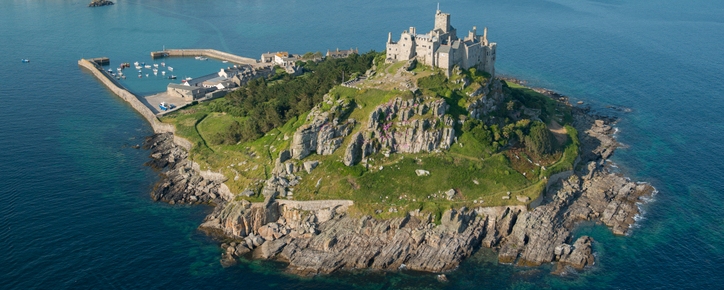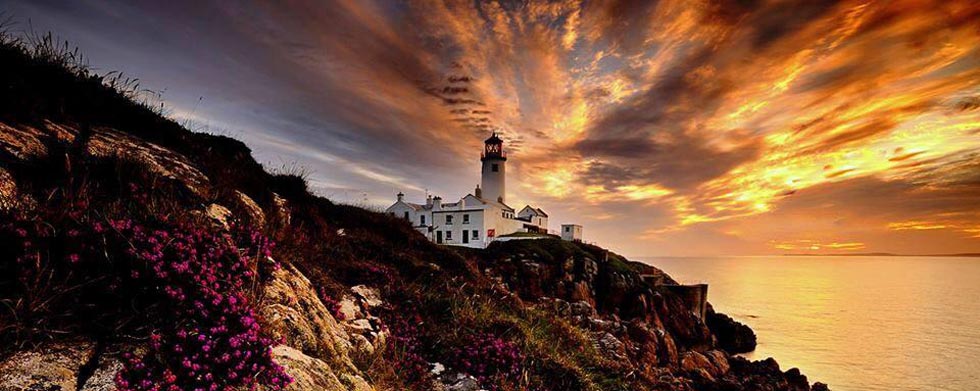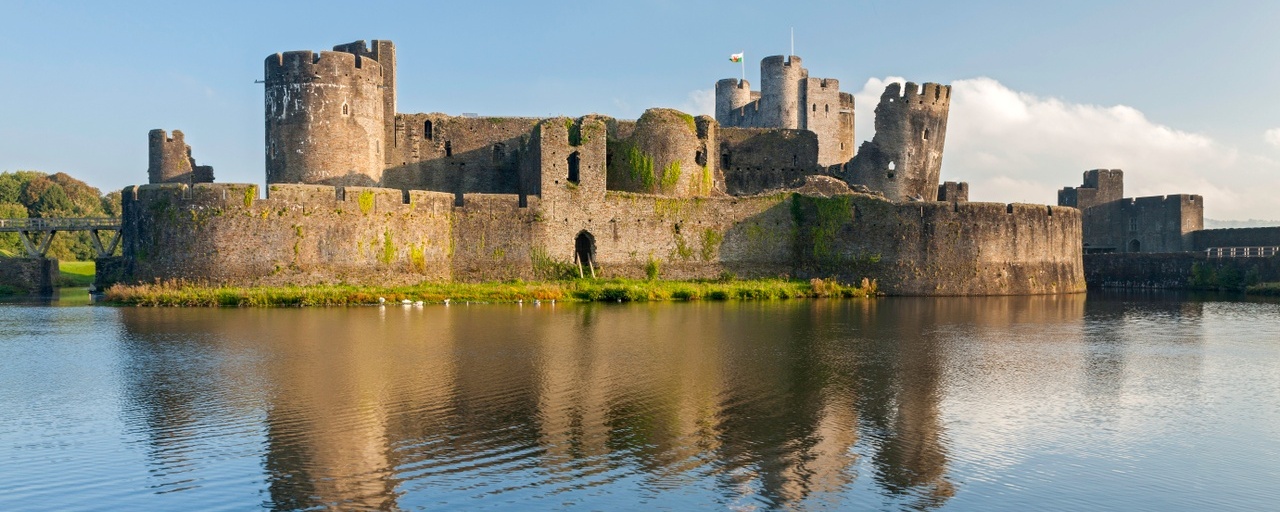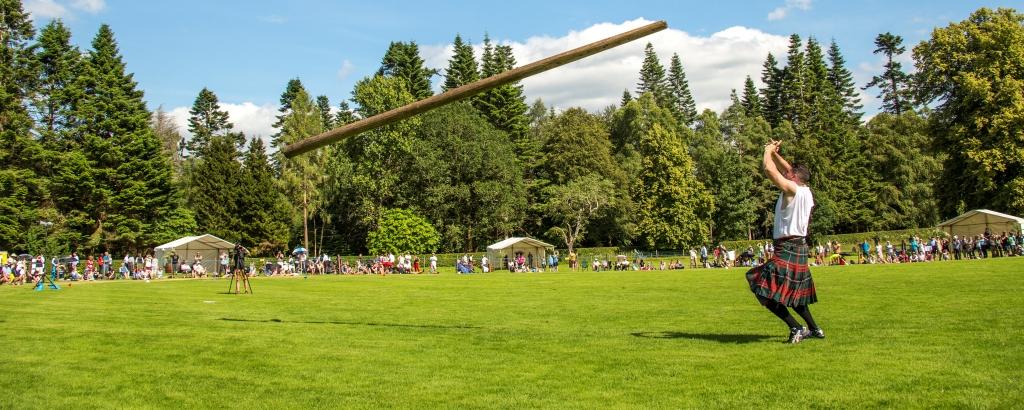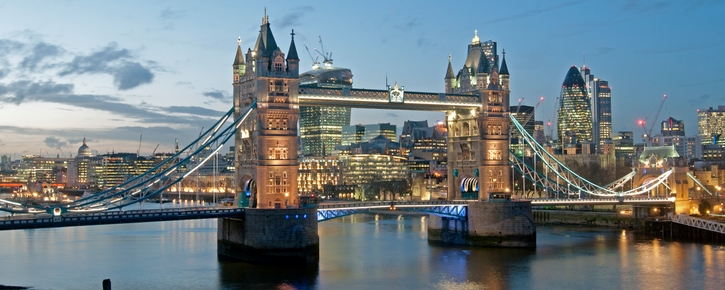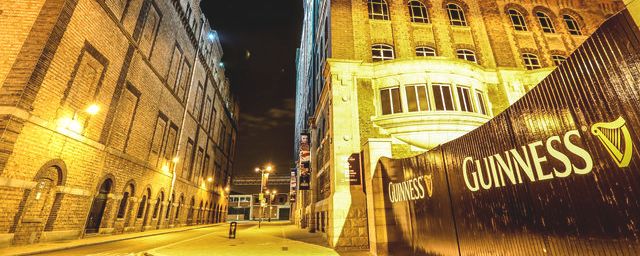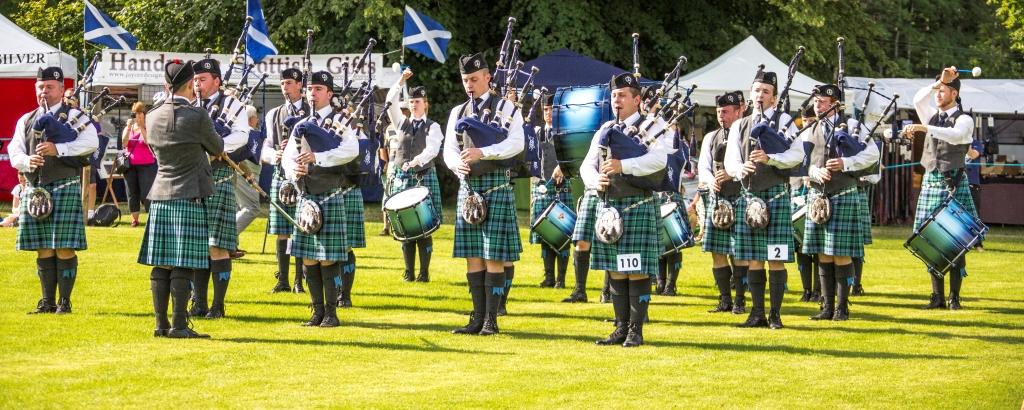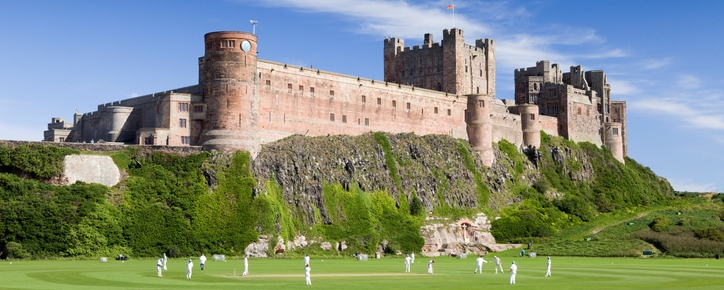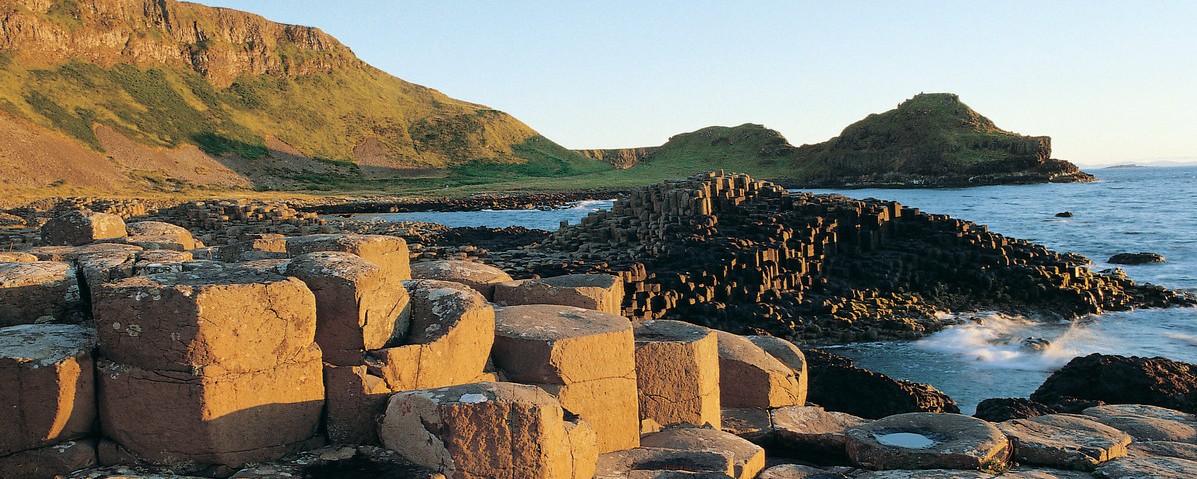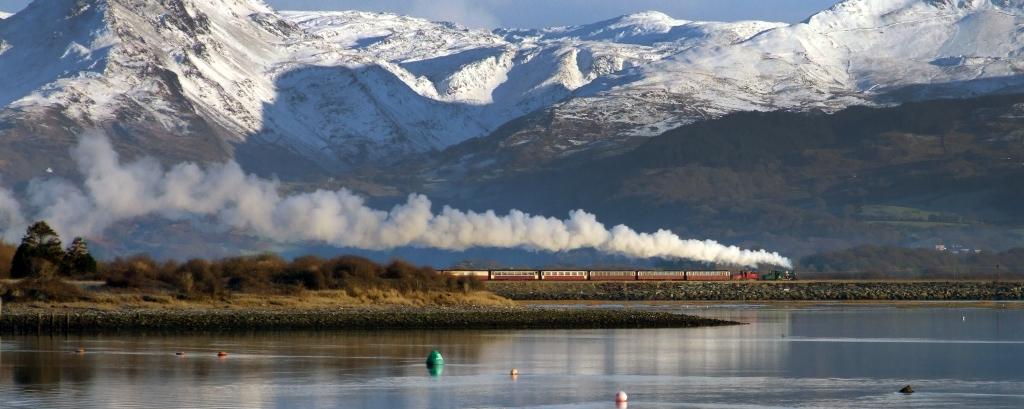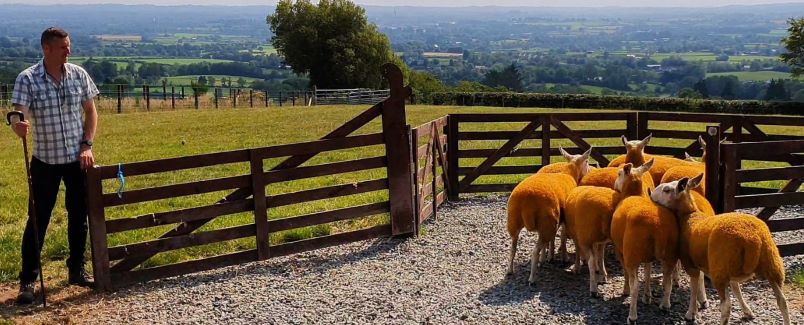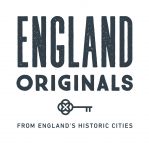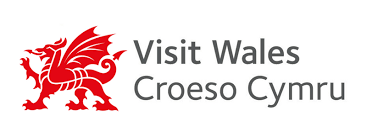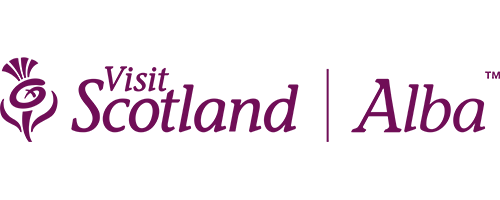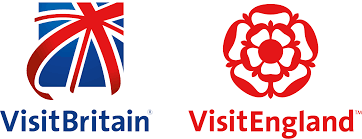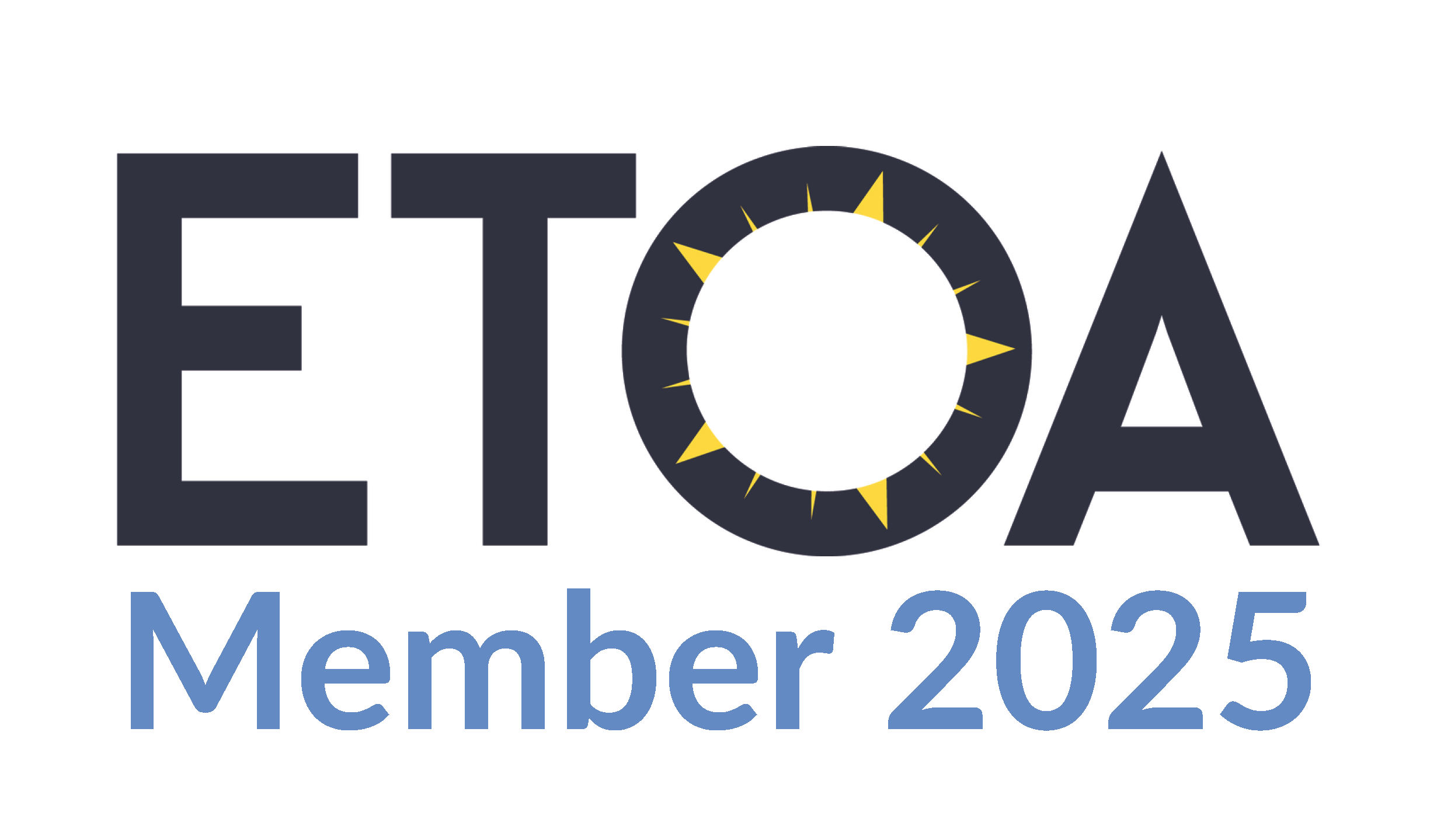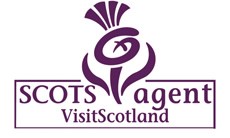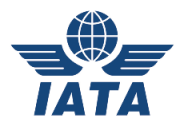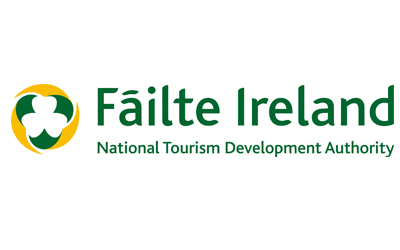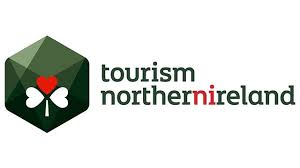Money and Payment
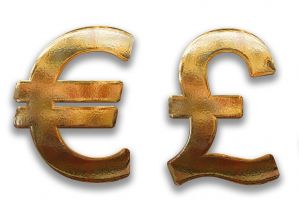 Currencies
Currencies
The currency in the UK (which includes Northern Ireland) is the pound sterling (£), the currency in the Republic of Ireland is the euro (€).
Larger stores in Northern Ireland and some businesses close to the border with the Republic of Ireland will accept euros, but it is best to enquire first to see if there will be a charge and to confirm the exchange rate. Similarly, some businesses in the Republic of Ireland which are close to the Northern Irish border will accept sterling.
Credit and debit cards
Visa and Mastercard are widely accepted in the UK and Ireland, while American Express is accepted in many places but not all. Credit cards can be used for purchases and to withdraw cash from ATMs (although this usually incurs a fee). You can also withdraw cash from ATMs with your Mastercard or Visa debit card (fees will still be charged but usually at a lower rate).
The UK and the Republic of Ireland both use a ‘chip and pin’ system for debit and credit card transactions. Some retailers will still accept the outdated magnetic-strip 'swipe' cards, but this is not guaranteed.
It is recommended that you notify your bank of your travel plans prior to your departure.
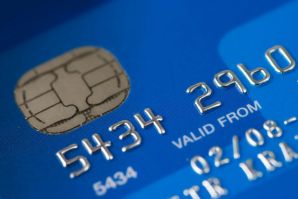
Banking services
Banks in the UK are generally open from 9am or 9.30am to 3.30pm or 4pm, although some remain open until 5.30pm. Many bank branches stay open late once a week until 5.30pm or 6pm, as well as being open on Saturdays from 9am or 9.30am to 12.30pm or 3.30pm. Banks in England and Wales remain open over lunch, but many in Scotland and Northern Ireland close for one hour at lunchtime.
ATMs are located at banks in most towns and cities, as well as in larger post offices and stores.
If you run out of funds, it is possible to have money wired from your country to the nearest British bank. Branches of Travelex and American Express will also do this for you. North American visitors can get cash dispatched through Western Union to a bank or post office. Remember to take along your passport as proof of identity.
Banks in Ireland generally open around 9.30am and close about 4.30pm from Monday to Friday, although some stay open until 5pm on Thursdays. Some banks may also open on Saturday morning.
ATMs are located at banks in most towns and cities.
Travellers cheques
Travellers cheques are no longer widely accepted in the UK or the Republic of Ireland.
VAT / tax free shopping
VAT is a sales tax charged on most goods. Visitors to the UK and Ireland from outside the European Union who stay less than three months may claim this tax back, although not all retailers offer tax free shopping.
United Kingdom
To get VAT refund in the UK, get a VAT 407 form from the retailer - they might ask for proof that you’re eligible, for example your passport. Show the goods, the completed form and your receipts to customs at the point when you leave the EU (this might not be in the UK). If you’re changing planes in another EU country and checking in your goods with your luggage, you must do this in the UK when you check in. Customs will approve your form if everything is in order. You then take the approved form to get paid.
You can either get paid immediately at a refund booth, for example at the airport, or send the approved form to the retailer or their refund company. The retailer will tell you how you’ll get paid. Some retailers charge a fee for handling your form. This money will be deducted from your refund. If there are no customs officials available, you can leave your form in a customs post box. Customs will check it and contact your retailer to arrange the refund if everything is in order.
Republic of Ireland
Visitors to Ireland from outside the EU can buy goods in Ireland to take home with them and benefit from tax relief. Tax relief is not allowed on services, for example, hotel accommodation, meals or car hire. The visitor must provide proof that they are a visitor from outside the EU when making each purchase. The proof includes evidence of the place of residence, inbound and outbound flight dates and a signed declaration.
The tax relief is provided under the Retail Export Scheme which operates in two ways:
1) The tourist pays VAT when making purchases and subsequently gets a refund from the relevant retailer or VAT-refunding agency when the retailer or the agency receive proof that the good or goods have been exported.
2) In certain retail outlets, the goods are sold tax-free at the point of sale with or without the involvement of a VAT-refunding agency. The goods must be paid for by credit card. If the retailer or the agency does not receive proof that the goods have been exported, they charge the VAT on the goods to the tourist's credit card account.
Before making a purchase, the tourist should confirm with the retailer that they operate the scheme. They should also clarify whether the retailer is operating the scheme in their own right or with a VAT-refunding agency.
If an agency is being used, the tourist should follow the agency’s specific procedures when making the purchase. When they are leaving Ireland, the tourist should deposit the documentation they were given for the purchase with the agency. (Some VAT-refunding agencies use a plastic card to record a tourist’s purchases by swiping the card when making a purchase.) If VAT was paid, the agency will make the necessary refund within 25 working days if the documentation is complete.
If the goods are being purchased without the involvement of an agency, the retailer should issue the tourist with an export voucher for the purchase. When leaving Ireland, the tourist should get the voucher certified by Customs at the airport. The certified voucher is returned to the retailer. If VAT has been paid the retailer refunds the VAT (less any processing fee).
Tipping
Tipping is not expected in the UK and Ireland in the way it is expected in North America, however we recommend tipping based on the service received.
Guides – Half-Day: £5-10, Full-Day: £10-20 (euros in the Republic of Ireland).
Driver Guides - Between £20-30 per day is recommended.
Transfers - Between £10-20 based on length of transfer.
Eating out - it is customary to leave 10-15% of the bill when eating out, but many restaurants often add a service charge (usually 12.5%), especially if you're in a large group, so it's worth checking your bill if you don't want to tip twice.
Taxis - it is usual to tip taxi drivers by rounding up the fare to the nearest pound or euro. If your taxi driver helps you with your luggage or has delivered excellent service, a tip of 10-15% is suggested.
Hotel porter - while staying at a hotel, if a porter carries your luggage to your room it is customary to tip a couple of pounds or euros.
As said, it is down to personal preference in the UK and Ireland for tipping, but if clients feel that they have a good service, we would definitely recommend tipping.
The information on this webpage is for guidance only. We are unable to accept responsibility for any changes, omissions or errors.
